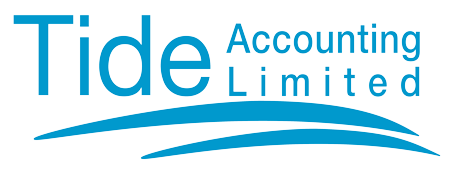A negligible value claim lets taxpayers declare an asset worthless for tax purposes, realising a capital loss without selling. This can be backdated up to two years, offering flexibility in managing
Category Archives: Capital Gains Tax
From April 2025, the Capital Gains Tax rate on Business Asset Disposal Relief rises from 10% to 14%, increasing to 18% in 2026. Business owners planning to sell may benefit from acting before these
Renting out part of your home may affect Capital Gains Tax when you sell. While Private Residence Relief applies, Letting Relief can reduce taxable gains. Learn how PRR, Letting Relief, and exemptions
Separation and divorce can create tax implications, particularly Capital Gains Tax (CGT) on asset transfers. New rules from April 2023 extend the ‘no gain/no loss’ period, helping spouses manage tax
Business Asset Rollover Relief allows you to defer Capital Gains Tax (CGT) when reinvesting proceeds from selling business assets. By rolling gains into the cost of new assets, tax is postponed until
Owning more than one property? You can claim Capital Gains Tax (CGT) relief on just one at a time. By formally electing your main residence within two years of property changes, you can optimise your
Planning to sell your business or shares? Capital Gains Tax rates for Business Asset Disposal Relief (BADR) are set to rise from 10% to 14% on 6 April 2025, and to 18% from 6 April 2026. Selling
Capital Gains Tax rates have increased for disposals from 30 October 2024, with further changes ahead. Stay informed on the updated rates for assets, property, and reliefs to optimise your tax
For companies selling shares, the Substantial Shareholdings Exemption (SSE) can mean significant tax relief. Introduced in 2002 and simplified in 2017, this exemption allows qualifying gains on share
One of the most commonly used and valuable exemptions from Capital Gains Tax (CGT) is for the sale of a family home. Generally, there is no CGT on a property that has been used as your main family










